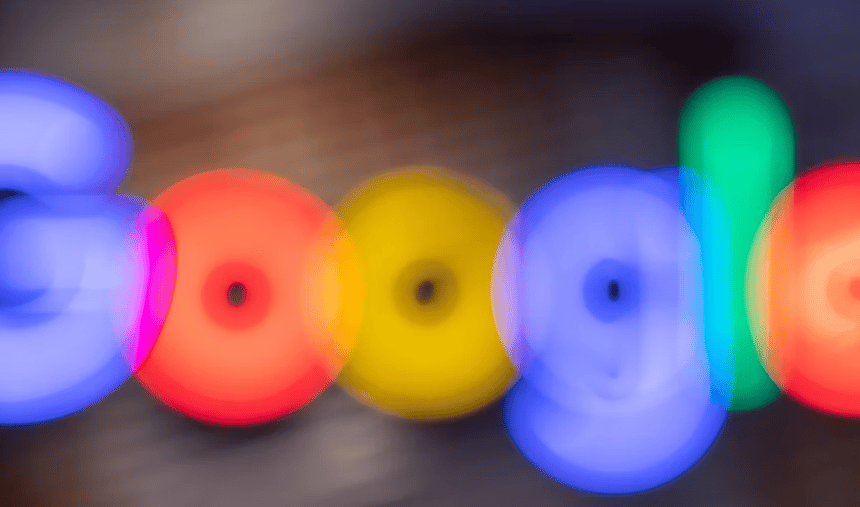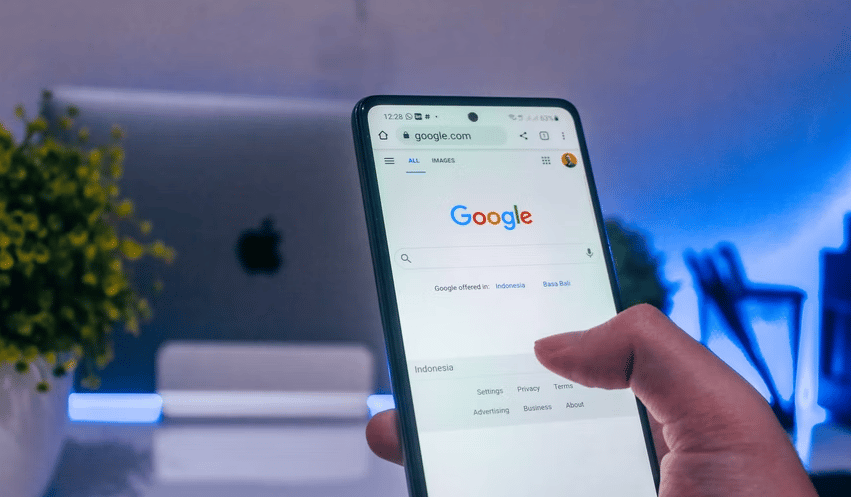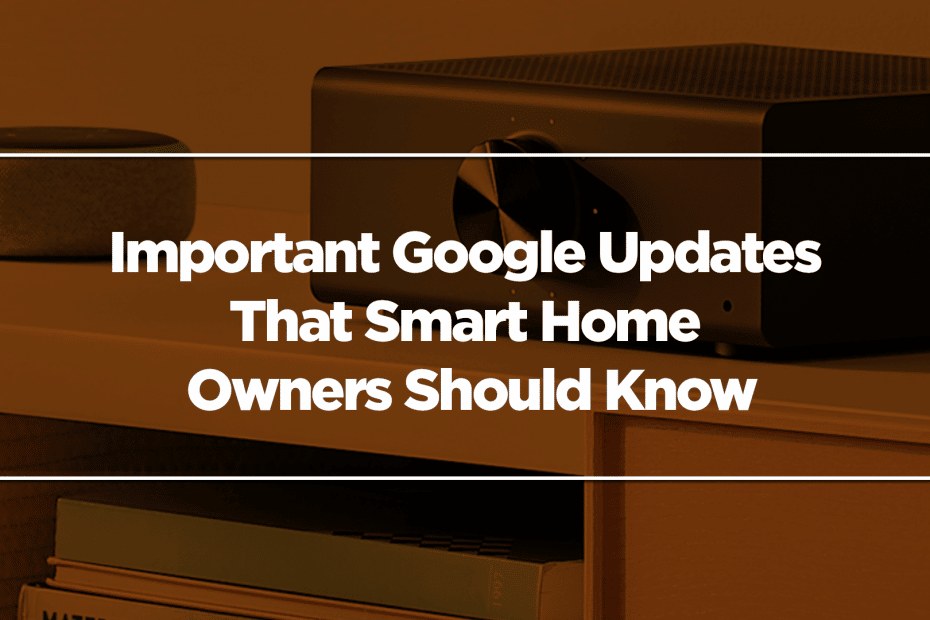The average smart home in the past had at least three smart devices. But now, there are at least nine smart devices. That’s a testament to how much the smart homes industry has grown. However, it hasn’t reached its full potential yet, so it is still evolving.
One of the main issues in smart homes is interoperability. Buying smart devices just because you like their features is not wise. You have to think about whether or not they would work together. Likewise, you have to ensure they would work with the ones you already have at home.

It’s a good thing that device manufacturers are aware of this problem and are trying to solve it. The big companies in the smart homes industry have worked together to make one standard. This standard will simplify the selection, setup, and control of smart home devices. Furthermore, it allows device makers to create more products and experiences users will love.
Aside from that, Google announced other upcoming updates that will bring wide smiles to users’ faces.
Matter is Coming to Nest and Android
Matter: the new industry protocol is said to be the upcoming industry standard. The leading tech companies worked together to realize this vision. When this launches, you no longer have to worry about whether your devices are compatible or not. With Matter, most products would be compatible.
Google has confirmed that Matter is coming to Android and capable Nest products. It will enable simpler setups and would power them with interoperable control.
According to Google, Android would be one of the “leading operating systems with built-in support for Matter.” It will let you quickly set up devices with Google. Furthermore, it will enable you to link your favorite Android apps.
Setting up matter-enabled devices would not take too long as the process is straightforward. And once it’s done, you will be able to control your devices through various means. You can use Google Assistant, the Google Home app, Android Power Controls, Matter-enabled Android apps, and compatible Google devices. Additionally, it allows over one billion Android devices to control all Matter-certified products and enable a simple setup.
Nest, which Google bought in 2014 for $3.2 billion, is also committed to making its devices connect better and respond faster. Google says Matter will work in conjunction with Thread – a technology that helps smart home devices work faster and more securely.
Devices with Thread built-in will become the connection points for Matter devices. This list of devices includes Nest wifi, Nest Hub Max, and the second-generation Nest Hub. This integration would result in even stronger, faster connections across your home.
Moreover, all Nest displays and speakers, such as the Nest Hub and Nest Mini, would receive updates to control Matter devices. That should give users faster and more reliable experiences, regardless of whether they’re using Thread, wifi, or ethernet.

The Nest Thermostat will also receive an update for Matter support. So, for the first time, it will be controllable using other platforms.
A One-Stop Shop for Smart Home Information
Don’t you find it annoying that you have to go to different sites to get smart home information? And you’re not sure about the trustworthiness of those sites. Google has heard your cries; it is launching the new Google smart home directory. This webpage will be your go-to destination to know more about smart homes.
In this new directory, Google teaches users the various capabilities of smart home products through useful guides. There are even videos that help showcase the devices fully.
Furthermore, this directory will help you find Google Assistant compatible devices. You will find products from brands like Nanoleaf, Philips Hue, Wyze, and more in over 30 categories. That will help make you decide which devices to buy more easily. Considering 150 million devices and over 80 device types are in the Google Smart Home platform, this directory is a huge help.
Better Streaming
The pandemic and the lockdowns it caused made people realize how important their homes really are. Now, the world is slowly opening up again. So, people leave their homes more frequently than in the last two years. And to ensure you still have a safe haven in case something like this happens again, you must secure your house.
Smart security systems let you do that. And good news: Google is strengthening security systems.
Google added support for WebRTC, an open-source communications protocol. This protocol reduces latency for an improved live video and audio streaming experience.
That’s perfect for security cameras, video doorbells, smart displays, and mobile devices. It will allow you to remotely monitor your home better.
Google says brands like Arlo, Wyze, Logitech, and Netatmo have already integrated WebRTC with Google Assistant. And more will do the same in the coming weeks.
Improved Home and Away Routines
The Google Home app lets you set up Routines for your smart home devices. It detects when you have arrived home or when everyone left using presence sensing. Then, it will automate your devices based on that. For example, your smart lights automatically turn off when you leave home.
They are improving this feature using Google technology. You can use it to enable automatic control of Nest cameras, Nest thermostats, smart lights, smart plugs, and smart switches. Consequently, it will allow you to save energy, secure your home better and enjoy an even more convenient lifestyle.

“We’re committed to making the smart home more helpful,” says Google in its blog post. So, you can expect the Google smart home to keep finding ways to bring Google Assistant, Nest devices, partners, and new technology together. That is going to help you do things more conveniently.
We can totally see that in these four updates that Google has announced. And other smart home companies are sure to follow its lead. So, if you haven’t yet upgraded your home, it’s time for you to do that. There are plenty of new resources and features that make building a smart home easier.
